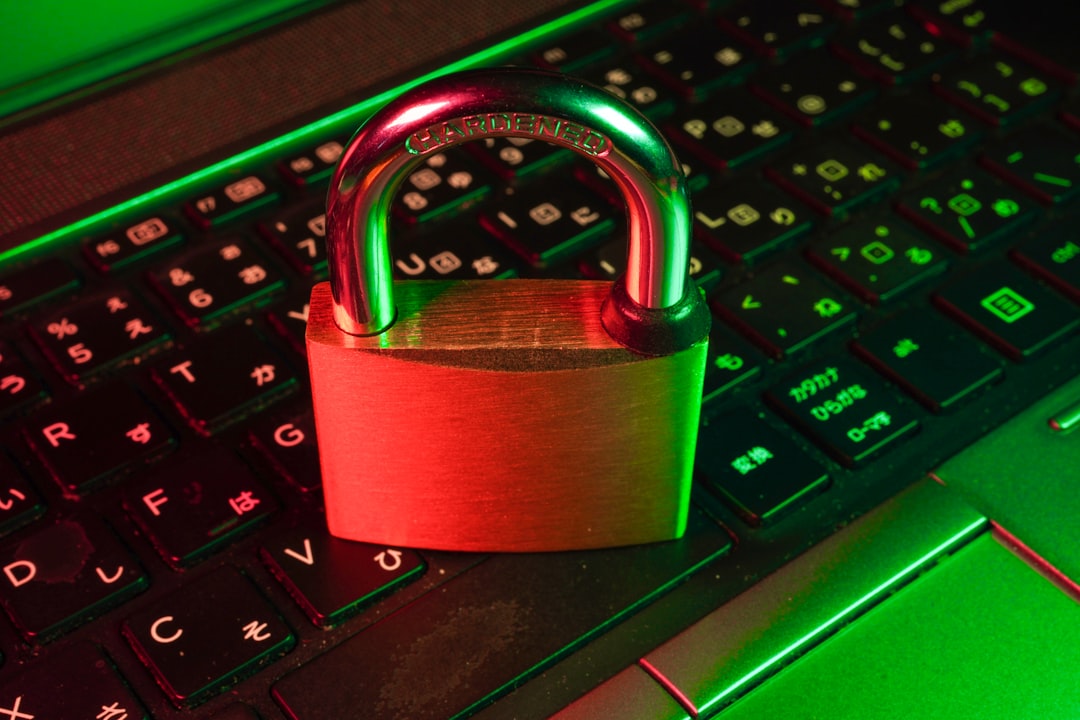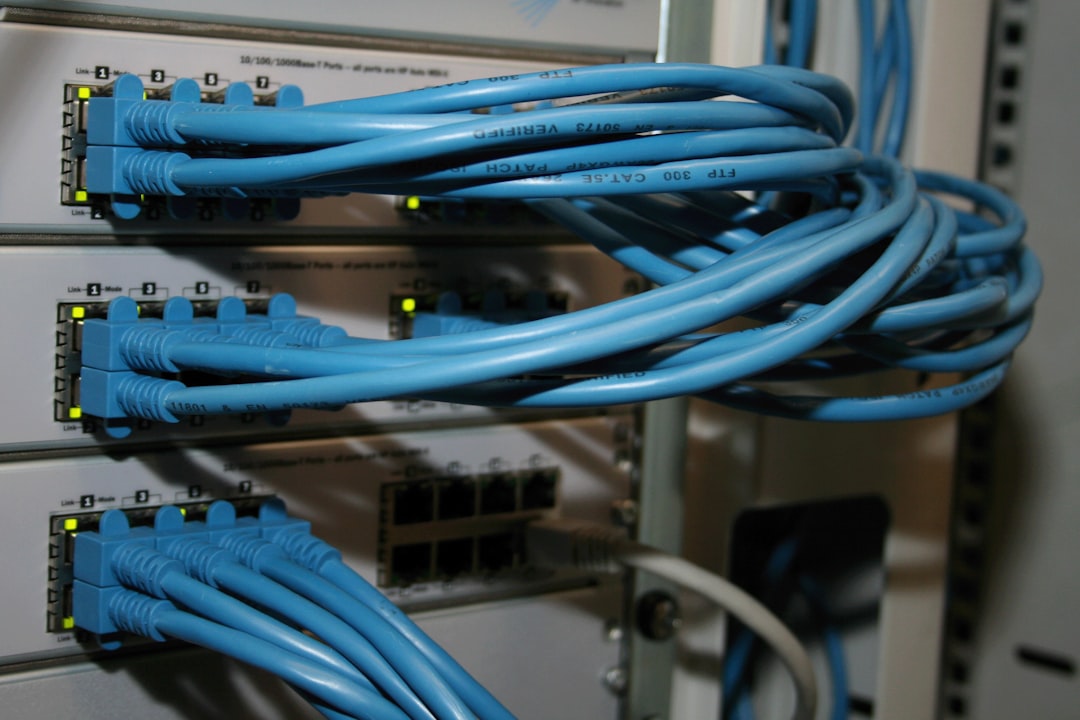When browsing the internet, terms like VPN and proxy server often surface as tools to protect privacy and bypass restrictions. Although both serve similar purposes—hiding your IP address and enabling access to restricted content—they function differently under the hood. Understanding the distinction is essential in choosing the right tool for your needs.
The primary difference lies in the level of security, encryption, and functionality each offers. While both VPNs and proxy servers route your traffic through a remote server, how they do so and what they protect differs significantly.
What is a VPN?
A Virtual Private Network (VPN) is a service that creates a secure, encrypted tunnel between a user’s device and a VPN server. Any data transmitted through this tunnel is encrypted, making it difficult for hackers, ISPs, or other third parties to monitor your online activities.
- Encryption: VPNs encrypt all internet traffic, including websites, applications, and system services.
- Anonymity: Since the VPN masks the user’s IP address, it increases anonymity online.
- Access: VPNs enable users to access geo-restricted content by making it appear that they are browsing from a different country.
VPNs are widely used for activities such as secure communication, accessing restricted services like streaming platforms, and safeguarding data while using public Wi-Fi.

What is a Proxy Server?
A proxy server acts as an intermediary between a user’s device and the internet. It forwards requests to websites or services on behalf of the user, masking the original IP address in the process.
- Limited Encryption: Proxies do not typically encrypt data, making them less secure than VPNs.
- Application-Specific: Most proxies only apply to specific programs or web browsers, not the entire device.
- Use Cases: Common for bypassing regional content restrictions, filtering content, or managing network traffic.
There are different types of proxy servers, including HTTP proxies (specific to web traffic), SOCKS proxies (more versatile but slower), and transparent proxies (often used for monitoring or filtering).

Key Differences Between a VPN and a Proxy
| Feature | VPN | Proxy Server |
|---|---|---|
| Encryption | Yes, high-level encryption | No or very minimal |
| Device Coverage | Entire device traffic | Specific applications or browsers |
| Anonymity | Strong IP masking and anonymity | Basic IP masking |
| Speed | May slightly reduce speed due to encryption | Generally faster, but less secure |
| Cost | Often subscription-based | Many free options available |
When to Use a VPN or a Proxy
Choosing between a VPN and a proxy depends on user requirements:
- Use a VPN if you need secure, encrypted access to the internet, especially when dealing with sensitive information or using public Wi-Fi.
- Use a proxy server for quick IP masking or bypassing geo-restrictions in non-sensitive scenarios like watching region-locked videos.
Organizations may use proxy servers to control or monitor internet usage across a network while individual users may prefer VPNs for full encryption and online privacy.
Conclusion
Both VPNs and proxy servers have their place in the world of digital security and anonymity. VPNs provide a more comprehensive solution with end-to-end encryption, while proxy servers offer a lightweight, targeted method for changing IP addresses. Understanding their core differences enables users to select the tool that best suits their needs—whether that’s enhanced privacy or access to blocked content.
FAQ
- Q: Is a VPN safer than a proxy?
A: Yes. A VPN encrypts your internet traffic, providing greater security and privacy than a bare proxy server. - Q: Can I use both a VPN and a proxy together?
A: Technically, yes, but it’s generally unnecessary and can complicate your connection or reduce speed. - Q: Are free VPNs reliable?
A: Many free VPNs come with limitations such as data caps and questionable logging policies. It’s better to use a reputable paid provider. - Q: Do proxies hide my activity from my ISP?
A: Not entirely. Since proxies do not encrypt your traffic, your ISP can still see your online activities. - Q: Will using a VPN slow down my internet?
A: Slightly, due to the encryption process, but the difference is usually minimal with high-quality VPN services.